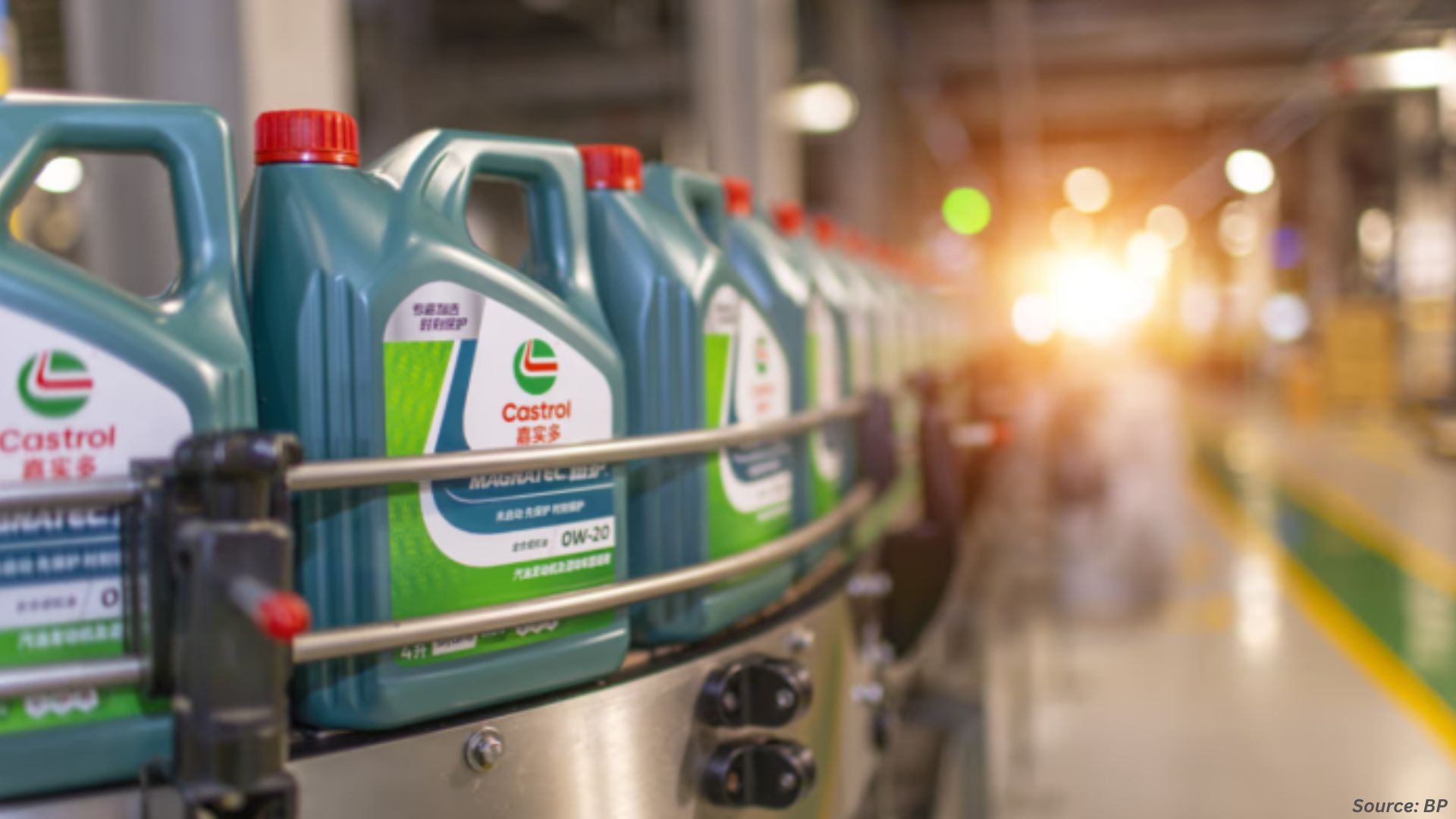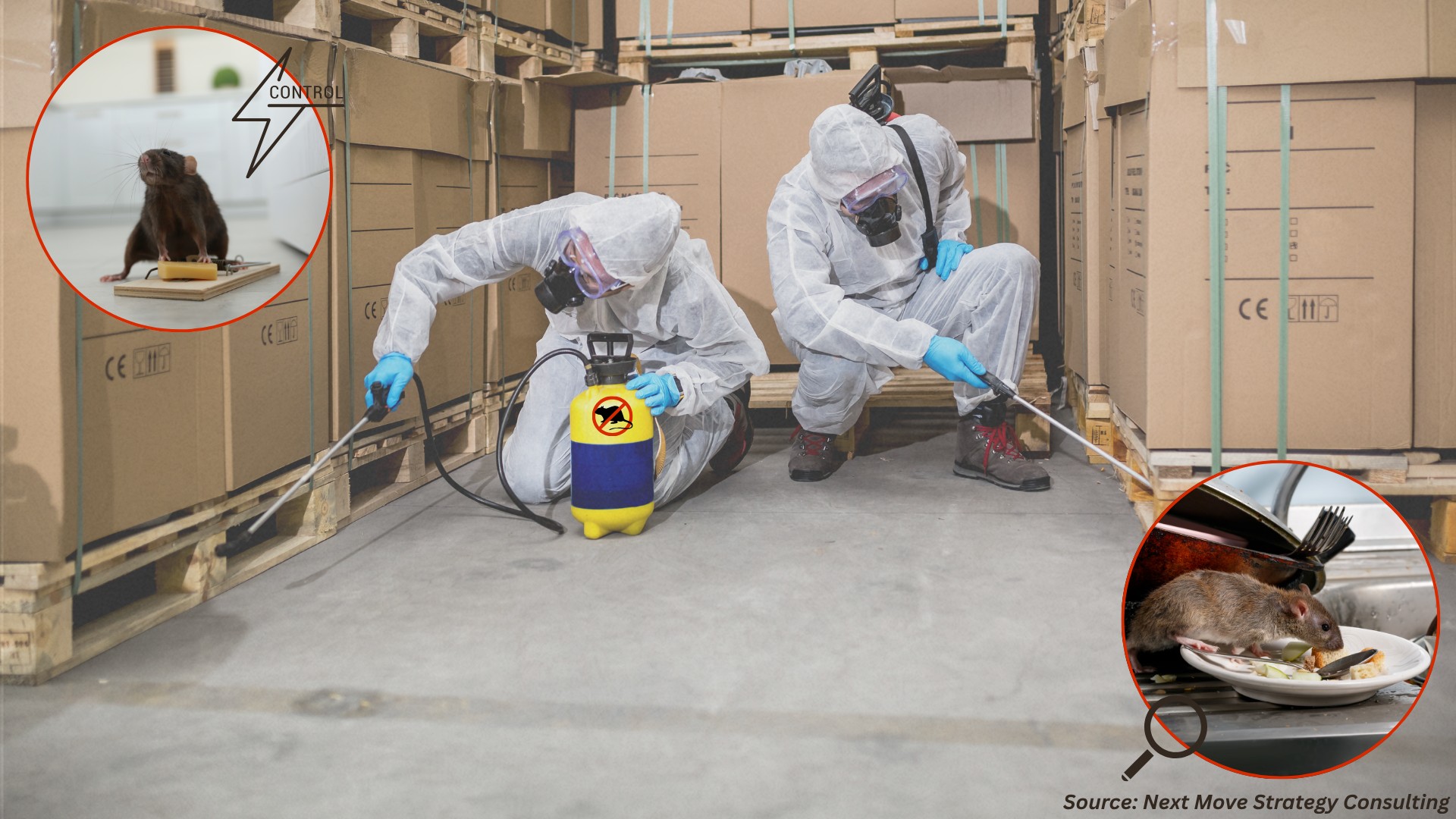What Is Driving the Lubricants Market in 2025?
Published: 2025-09-24

What are the two recent moves changing the Lubricants Market?
Two clear, company-level moves are shaping market attention in 2024–25:
-
Why is Shell’s move important? Shell announced a milestone around immersion/cooling fluids that have been certified for use in data centres — described as an industry first.
-
Why is BP’s move important? BP has launched a strategic review of its Castrol lubricants business to accelerate value delivery and consider options that could reshape how Castrol participates in mobility, industrial lubricants and data-centre fluids. The press release states Castrol markets products in more than 150 countries and that the review will focus on value creation.
Two pay-attention developments — Shell moving into Intel-certified data-centre cooling fluids and BP reviewing its global Castrol business — are shifting strategic priorities in the lubricants market.
Shell: certification for data-centre cooling fluids (industry first).
BP: strategic review of Castrol to accelerate value and explore options.
How does Shell’s Intel certification reshape the Lubricants Market?
What happened? Shell secured an industry-first certification for its immersion/cooling fluids from a major chipmaker for use in data centres.
Why does that matter for lubricants? This is not only a product announcement. It represents a clear step for lubricants and specialty fluids to move beyond traditional automotive and industrial use into high-growth, technology-intensive applications such as data-centre thermal management. The move signals new technical specifications, warranties and procurement pathways for fluid suppliers and data-centre operators.
Shell’s certification opens a mainstream route for lubricants (specialty cooling fluids) into data-centre markets, expanding the addressable use cases for lubricant producers.
-
Certification lowers adoption risk for data-centre operators and systems integrators.
-
It expands the definition of the lubricants market to include engineered cooling fluids for electronics.
What does BP’s strategic review of Castrol mean for the Lubricants Market?
What happened? BP announced a strategic review of its global Castrol lubricants business with the aim of accelerating Castrol’s next phase of value delivery and considering all options for value creation. The release notes Castrol’s presence in more than 150 countries and ambitions across mobility, industrial lubricants and data-centre fluids.
Why does that matter? A strategic review of a major brand can trigger industry consolidation, change competitive dynamics, and create new ownership or partnership models. Buyers, private equity and industry peers will watch closely because any transaction could reallocate scale, distribution networks, and technology investments across the market.
BP’s review can accelerate consolidation or strategic partnerships in the lubricants market and may redirect capital into growth segments such as industrial and data-centre fluids.
-
The review aims to maximise value and may produce strategic transactions.
-
Castrol’s global footprint means any outcome has wide market implications.
What do these moves together imply for the Lubricants Market?
How do they add up? Shell’s product certification and BP’s strategic review highlight two simultaneous forces: innovation in product applications (data-centre cooling fluids) and corporate-level portfolio actions that can reshape supply and ownership. Together they push the lubricants market toward technical diversification and potential restructuring.
The market is evolving along two vectors — product innovation into non-traditional applications and portfolio realignment among incumbents — creating opportunities and competitive shifts.
-
New technical certifications reduce adoption friction for specialist fluids.
-
Corporate reviews may accelerate M&A and change market shares.
What should market participants do now? - Next Move Strategy Consulting’s View
What is our point of view? Next Move Strategy Consulting sees these developments as a signal for both incumbents and adjacent players to act across three fronts: product differentiation, channel strategy, and M&A readiness.
Next Move Strategy Consulting View:
-
Firms should treat data-centre fluids as a distinct product line with technical validation, service SLAs and partnerships with hyperscaler and OEM ecosystems.
-
Suppliers must map distribution channels that reach technology customers, not just traditional aftermarket buyers.
-
Companies should model multiple scenarios for Castrol outcomes (retain & invest, divest to strategic buyer, or carve-out) and prepare rapid diligence packages.
Prepare product, go-to-market, and transaction playbooks now; do not wait for market outcomes to unfold.
-
Differentiate products with certifications and warranties.
-
Expand channel strategies to include system integrators and data-centre operators.
-
Ready financial and operational data for M&A or partnership discussions.
What are the key facts (at a glance)?
|
Fact |
Source |
|
Shell’s cooling/immersion fluids achieved industry-first certification for use in data centres. |
Shell press release. |
|
BP launched a strategic review of its Castrol lubricants business (26 Feb 2025). |
BP press release. |
|
Castrol markets premium lubricants in more than 150 countries. |
BP press release. |
The table captures the two load-bearing items that are changing market direction in 2024–25.
What are the next steps? - Actionable takeaways
-
Conduct a product gap analysis to identify technical specs and certification needs for data-centre or electronics cooling fluids. (Technical + procurement focus.)
-
Reassess distribution partners and develop pilot partnerships with systems integrators or data-centre operators.
-
Run three transaction scenarios for scale and valuation impacts if a major competitor is divested or restructured.
-
Invest in a compact technical dossier and warranty framework to shorten sales cycles for certified fluids.
-
Monitor BP’s review outcomes for M&A signals and potential consolidation opportunities.
Conclusion
The lubricants market in 2025 is undergoing a clear transformation. Shell’s Intel-certified cooling fluids demonstrate how innovation is expanding lubricants into high-tech spaces such as data-centre cooling, while BP’s review of Castrol shows how global players are rethinking strategies to unlock future value. Together, these developments highlight two powerful forces: diversification of applications and potential restructuring of industry leaders.
As Next Move Strategy Consulting points out, this is the time for companies to act—whether by differentiating products with certifications, building new customer channels, or preparing for mergers and partnerships. The future of lubricants is no longer confined to engines and factories; it is becoming central to technology, sustainability, and global growth strategies. Those ready to adapt will set the pace in this evolving market.
About the Author
 Joydeep Dey is an SEO Executive, Content Writer, and AI expert with 2½ years of experience. He specializes in SEO strategy, impactful content, and AI-driven solutions. Passionate about simplifying complex ideas, he helps boost visibility and engagement.
Joydeep Dey is an SEO Executive, Content Writer, and AI expert with 2½ years of experience. He specializes in SEO strategy, impactful content, and AI-driven solutions. Passionate about simplifying complex ideas, he helps boost visibility and engagement.
About the Reviewer
 Sanyukta Deb is a skilled Content Writer and Digital Marketing Team Leader, specializing in online visibility strategies and data-driven campaigns. She excels at creating audience-focused content that boosts brand presence and engagement, while also pursuing creative projects and design interests.
Sanyukta Deb is a skilled Content Writer and Digital Marketing Team Leader, specializing in online visibility strategies and data-driven campaigns. She excels at creating audience-focused content that boosts brand presence and engagement, while also pursuing creative projects and design interests.
















Add Comment